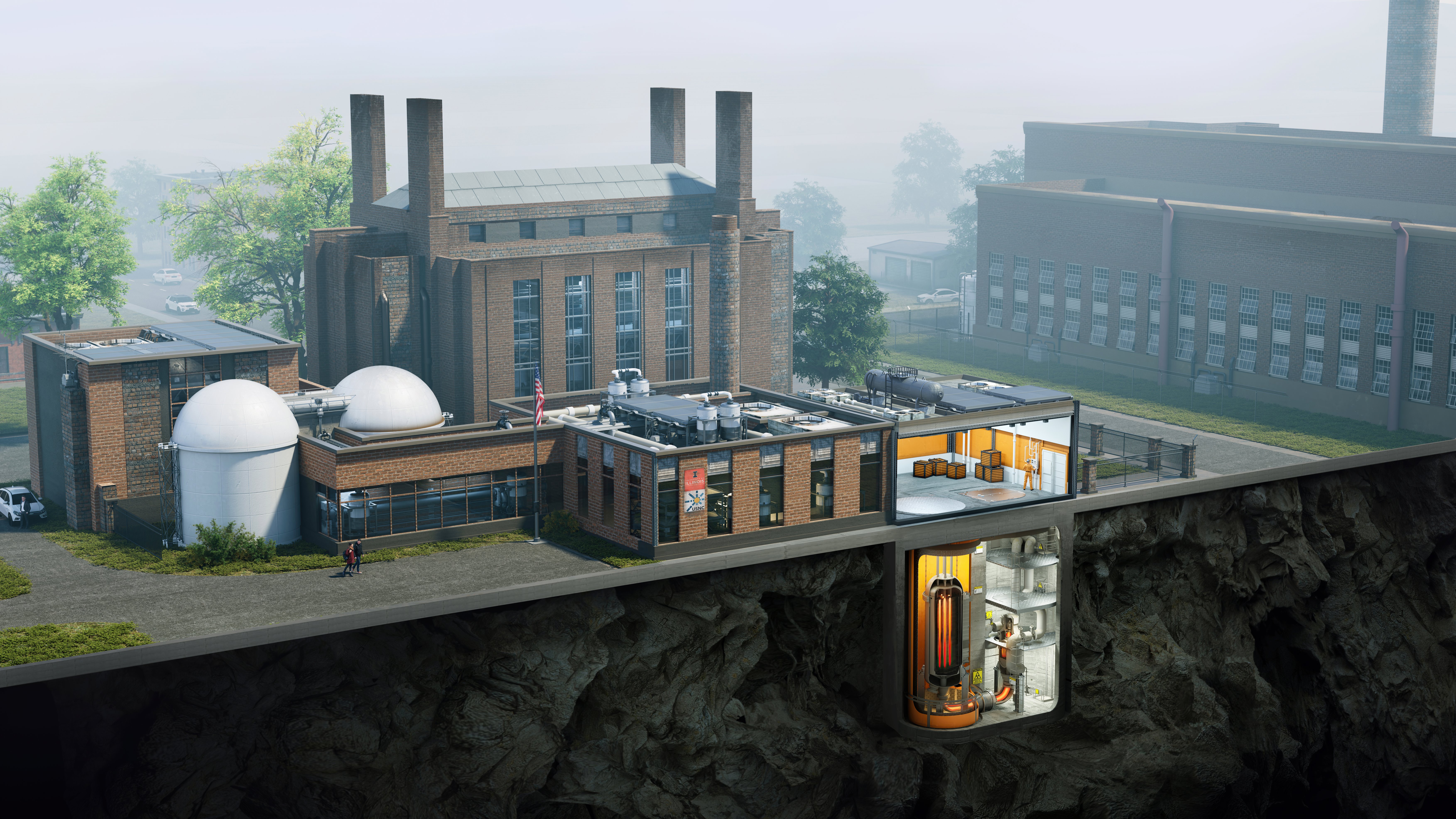Some scientists argue that the best way to reduce pollution and high carbon concentration in the atmosphere is to leave fossil fuels in the ground. But today, business leaders and politicians in the United States are positively giddy about newly accessible oil and natural gas resources in the U.S. through new technologies that allow them to tap heretofore inaccessible supplies.
While this means the US will be less energy dependent on volatile regions like the Middle East, and natural gas is relatively clean, the use of fossil fuels still pollutes the atmosphere. Fossil fuels are, after all, a resource that took millions of years for the earth to create; why use them up in a few short centuries? We may need them for something important in the future.
A Vision of a Clean Future for the United States
The Solutions Project, led by Mark Jacobson, Professor of Civil Engineering and Environmental Engineering at Stanford University, and joined by a talented team of individuals from fellow scientists to the rich and famous, has 50 plans for 50 states in the United States to make them 100% renewable by 2050. That’s 100% clean and renewable energy for the country that uses the most energy on the planet. The group is led by professor Scott Jacobson and he and his team are studying each state to identify the best mix of wind, water and solar energy to power the United States electricity, transportation, heating/cooling and industry.
The Solutions Project works with consumers, businesses, communities and states and business leaders, policy experts and NGOs in an effort to remove roadblocks to a clean energy future centered on renewable energy. The plan below is for the state of Massachusetts and provides a breakdown of the projected mix of renewable energy sources that would be built to achieve hundred percent WWS by 2050.
The plan also compares BAU (Business As Usual) with WWS in terms of costs and benefits or each path.
Related articles on IndustryTap:
- Curitiba, Brazil, a Model of Sustainability 40 Years in the Making
- Can We Learn from Small Countries’ New Models Of Sustainability?
- World Economic Forum 2015: “The New Global Context”
References and related content:






